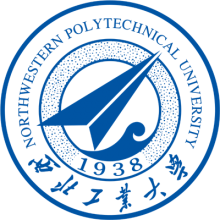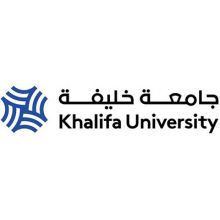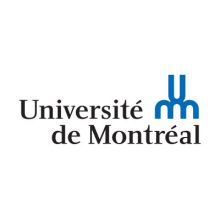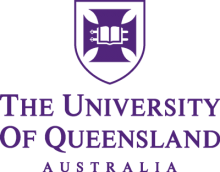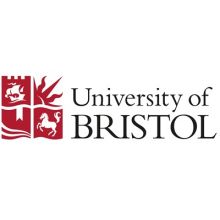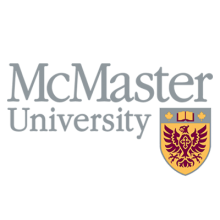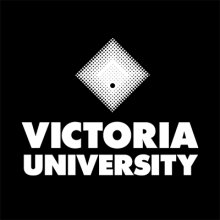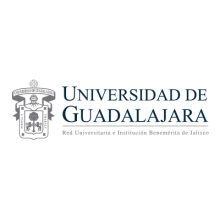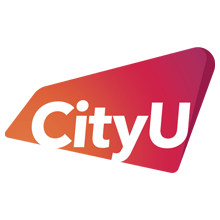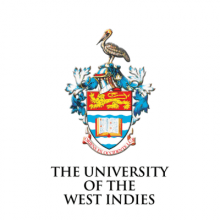
Adam Bradford, now 23, achieved 27 GCSEs. Astounding as that is, perhaps even more surprising is that, for all his academic credentials, he decided not to go to university.
Encouraged by his school in Sheffield – nicknamed ‘The Exam Factory” – and his parents, Adam completed his A levels in just one year, applied for business and IT degrees, and received offers from universities in Sheffield, Lincoln and Bradford.
Ironically, it was the universities’ attempts to sell themselves that put him off.
Adam, already a successful entrepreneur by the time he applied to university, explains: “We were absolutely bombarded with marketing from the universities in terms of leaflets, seminars, tours and open days.
“To be honest it was so overbearing; it was very much like an ‘us and them’ scenario. It was like they were saying ‘come and join our club’ or ‘come and join our university because we are the best university and if you don’t come here, you’re not getting the best facilities’ or ‘we’ve got the best reputation for business management’ or ‘we are the only ones with links to this employer’.
“It really did the opposite for me; it didn’t draw me in it pushed me away.”
For Adam, the university outreach activities actually undermined their aims because the focus was on pushing a message to prospective students, rather than having a more honest and personalised conversation.
“It should be about engaging with people instead of selling at them, and there is a really subtle difference. But if they really showed they respected what students thought and the difficulties they go through, it would have been much more appealing,” he said.
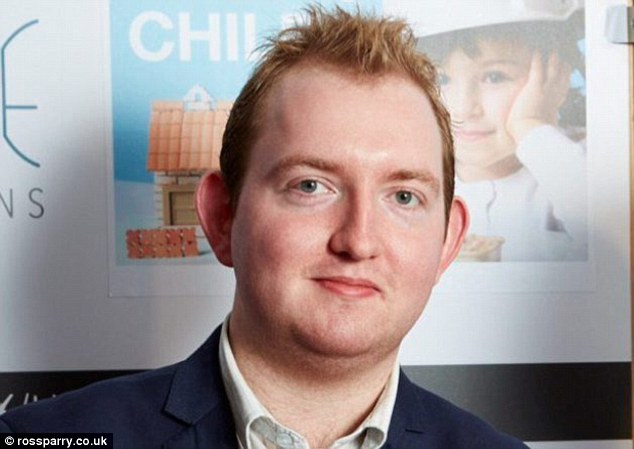
Engaging with the individual needs of students and explaining how a degree could further their personal ambitions are even more important since the tuition fee increase. Measuring the prospective debt against his career aspirations was a relevant decision factor for Adam, and even more so for students from disadvantaged backgrounds, or from families and schools with little history of sending students to university.
While higher education entry rates for disadvantaged students have increased by more than 60 per cent since 2006, according to the Higher Education Statistics Agency, there’s a lack of evidence or consensus about what actually works to encourage and support these students to get to university and fulfil their potential.
Nonetheless, for every student discouraged or overwhelmed by university outreach activities, there’s at least as many students who have benefited from a widening participation programme, often run by independent charities rather than universities themselves.
Svetlana Kulikouskaya arrived in the UK from Belarus when she was 13 with only a smattering of English, and now studies medicine at Cardiff University.
Her turning point came when she was accepted on to a four-year Villiers Park Scholars programme and was shown around Trinity College, Cambridge, by a graduate who had attended a state comprehensive school.
His message, she says, kept her motivated during the stress of GCSEs and A levels.
“He both convinced us with facts and figures and showed us with his personal testimony that it did not matter which school you came from, or who your parents are: the conditions for success were a passion for your subject and a good work ethic,” she said.
As part of the scholars’ programme, Svetlana also enrolled on the Brightside Programme, which assigns mentors and provides online resources to prospective applicants.
The e-mentor, a fourth-year medical student, encouraged Svetlana to choose medical schools that would value her strengths and also taught her the importance of asking for advice and being proactive.
Like Adam, Svetlana feels that a personalised approach is essential to unlocking student potential and helping students to realise their goals. She says:
“In my experience, disadvantaged students never lack potential – they lack a view of their horizons. They need someone not to give them trite phrases about worlds and oysters, but to really show them what they can achieve. This isn’t done in vast lecture theatres with an ageing professor showing changes in university demographics on a neat diagram. It is done by reaching out to these students as valued individuals.”
Eighteen-year-old Tihesia Riley-Bennett from Peterborough has recently received an offer from the University of Manchester to study medicine. For her, the most transformative element of online mentoring was connecting with someone who had no ulterior motive or bias who told her that she could achieve her goals.
She said: “It was nice to have someone who kept telling me to keep going; it really helped boost my confidence and self-belief. The mentor is someone who is outside of your circle and outside of what you usually do, so for someone to believe in me who I don’t know and haven’t ever met, it helped my confidence a lot.”
Mentoring was just the first stage for Tihesia, who also participated in the Social Mobility Foundation residential summer school, which she says was the best week of her summer.
The programme gathered participants from similar backgrounds who were all going through the application process for medicine, and addressed relevant topics including career expectations and application support.
Tihesia said: “I think it is really important to have a combination of different programmes. Maybe mentoring doesn’t work for one person but summer school would because you are surrounded by other people in the same position, which really helped me.
“Mentoring was the first stage but residential put it all into place, I felt I could use all the confidence I got through mentoring and put it into practice on the residential.”

Anecdotally, the impact of mentoring and other access schemes is evident. But Anand Shukla, chief executive of the Brightside Trust, feels that strategies could be better evaluated and money spent more responsibly.
He said: “Further research is essential to ensure that students are getting the highest quality interventions that meet their needs, and maximise their chances of going to university. And we need to ensure that the hundreds of millions of pounds spent on these activities every year is being spent effectively.”
Nonetheless, he has a strong sense of why mentoring is actually effective, explaining: “We believe mentoring works because it gives young people who might not know anyone who has been to university in their immediate family or wider community access to the same sort of informal advice and support other students take for granted.
“But good mentoring goes much further than just answering questions and providing facts – it’s about building a relationship and emotional support.
“Many young people from poorer backgrounds are put off by the idea that ‘university isn’t for the likes of me’ and worry that they’ll feel out of place. Communicating with a mentor can help to reassure them that higher education is a friendlier and more inclusive environment than they might think.”
But grounding widening participation schemes with evidence faces a number of problems, according to Amelia Gabriel, managing director of Pure Potential, which provides free university and careers advice to students and teachers in state schools.
She says that since Ucas data are often not shared with charities running programmes, success cannot be effectively tracked. More often than not, the funding is only for short-term projects, which limits detailed research into effectiveness, and there is little collaboration between different outreach schemes to share insights.
In spite of this, Ms Gabriel does see a lot of progress for widening participation. She said: “I think there are some fantastic outreach activities happening which do have research behind them and some clear evidenced outcomes for the young people that take part in – like Realising Opportunities, K+ from KCL, various online mentoring projects delivered by Brightside and many others including the workshops and events that we run at Pure Potential.”
The University of East London has a range of approaches to encouraging disadvantaged students to apply and achieve success. Its “Belong Believe Achieve” video series tells the personal stories of students who secured a university place or graduated against the odds. The hope is that prospective students will relate to people like them, and feel reassured that they too can achieve their goals.
Recent UEL graduate Mohammed Baraka Nassor, now 41, had to abandon his studies in English and maths after he arrived in the UK as a refugee from Zanzibar, Tanzania, in 1995. After working for 15 years as a chef he was granted indefinite leave to remain in the UK in 2011, and could finally access higher education to fulfil his ambition of working in education.
Without the prerequisite qualifications, he approached UEL for advice, and was soon enrolled on the New Beginnings course, which, for a small fee, helps to prepare prospective students for degree-level work. He said:
“I had no idea how higher education worked in this country. I thought I could just go and say ‘I want to study’ and they would just take me in.”
The course asked students to reflect not only on their academic aspirations, but also on the practical side of studying at university, including living costs and financial arrangements.
“For me it was really helpful. I live with five children and my wife so I couldn’t choose to study far away as it would be very hard to leave my family,” Mohammed said.
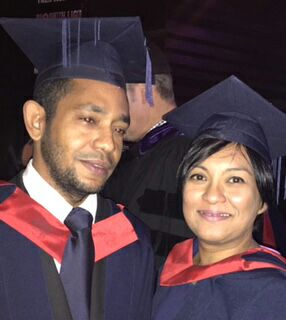
The aim of New Beginnings is not just to improve access to university, but also to ensure that students maximise their opportunities while they study and achieve success on their degree. Practical skills, such as how to reference in an essay and how to access journals, are a key focus of the scheme.
“After that, my first year it wasn’t that hard,” Mohammed said. He received a first-class degree and is now applying for PGCE courses to realise his dream of becoming a teacher. His wife is also due to start the New Beginnings course this month.
For all students who have gone through access schemes, the most fundamental factor in their success is receiving personalised attention and support. And that need certainly does not disappear once students have got into higher education. Participation at university is an ongoing process, and, at least according to students themselves, is best fulfilled by ensuring that studies match up with individual needs and aspirations.






